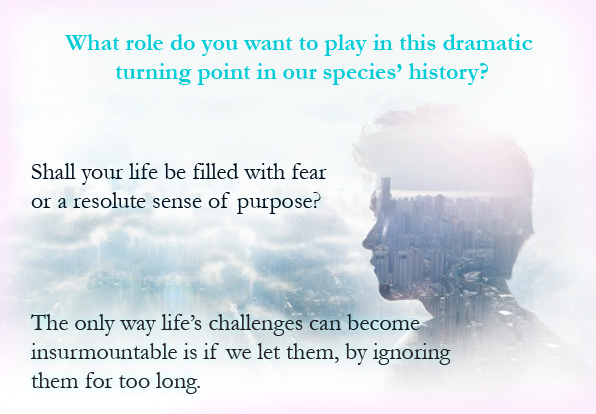You can do an experiment where you give two groups of people a hundred dollars in the morning. You tell one of them to spend it on themselves, and one on other people. You measure their happiness at the end of the day. Those who spent on other people are much happier than those who spent it on themselves.”
— Nic Marks
Founder of the Center for Well-Being, an independent think tank at the New Economics Foundation, in London, Marks is particularly keen to promote a balance between sustainable development and quality of life. To investigate this, he devised the Happy Planet Index, a global index of human well-being and environmental impact.
The results made headlines: People in the world’s wealthiest countries, who consume the most of the planet’s resources, don’t come out on top in terms of well-being. Which raises the question: What purpose does unfettered economic growth serve?
5 Things To Do Everyday To Be Happier
According to Marks’ analysis of well being and happiness, what are the 5 things you should do every day to be happier?
1. Connect
Connect with the people around you. With family, friends, colleagues and neighbors. At home, work, school or in your local community. Think of these as the cornerstones of your life and invest time in developing them. Building these connections will support and enrich you every day.2. Be Active…
Go for a walk or run. Step outside. Cycle. Play a game. Garden. Dance. Exercising makes you feel good. Most importantly, discover a physical activity you enjoy and one that suits your level of mobility and fitness.3. Take Notice
Be curious. Catch sight of the beautiful. Remark on the unusual. Notice the changing seasons. Savor the moment, whether you are walking to work, eating lunch or talking to friends. Be aware of the world around you and what you are feeling. Reflecting on your experiences will help you appreciate what matters to you.4. Keep Learning…
Try something new. Rediscover an old interest. Sign up for that course. Take on a different responsibility at work. Fix a bike. Learn to play an instrument or how to cook your favorite food. Set a challenge you will enjoy achieving. Learning new things will make you more confident as well as being fun.5. Give…
Do something nice for a friend, or a stranger. Thank someone. Smile. Volunteer your time. Join a community group. Look out, as well as in. Seeing yourself, and your happiness, linked to the wider community can be incredibly rewarding and creates connections with the people around you.





















